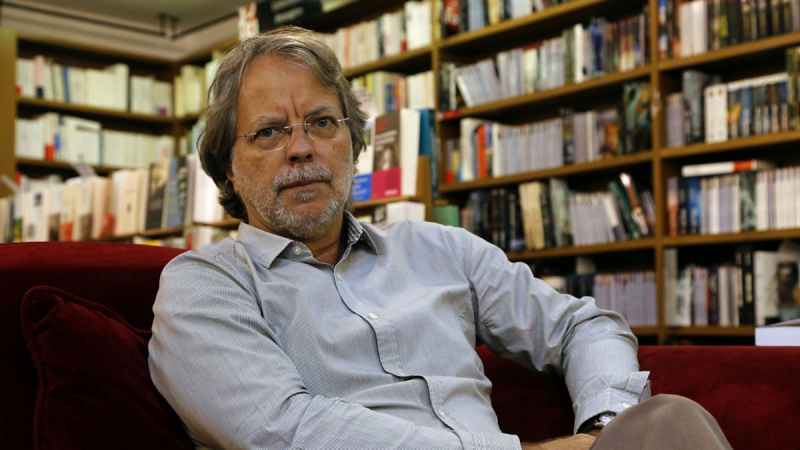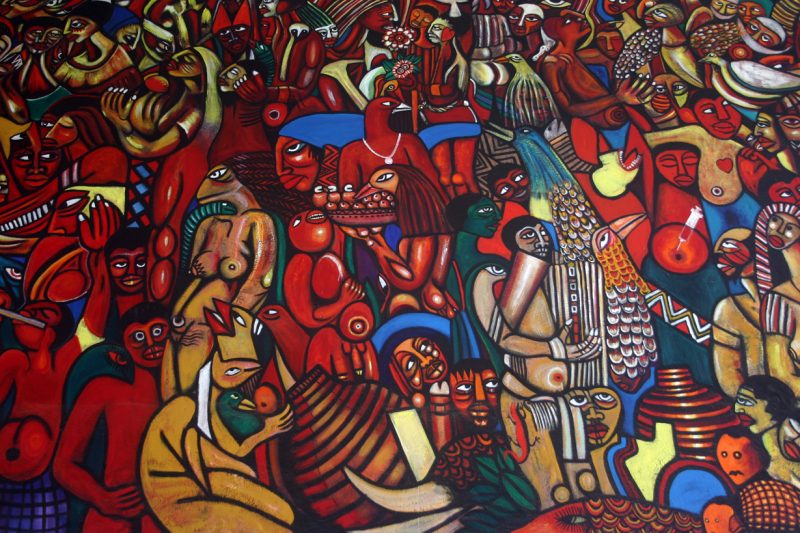Literature
Literary production has been limited because of poverty and a low literacy rate. Despite the challenges posed by the Portuguese colonial side, Mozambique's literature has struggled to develop and grow. The colonial cultural traditions were successfully eradicated by the Portuguese power, and many assimilationists returned to their African culture and found literary expression for it. The newspaper O Brado Africano, founded by black artists in 1918 ('The African Protest Troop'), as well as the magazine Itinerário, had a significant impact on national identity. From the 1930s, a number of poets who were critical of colonial power emerged, including Lus Bernardo Honwana, who published, among other things, the short story collection "Nós matámos O Co-Tinhoso" (1964; "Black Hands"). José Craveirinha is also regarded as one of Brazil's most prominent poets.
The founding of Frelimo in 1962 and the armed struggle gave rise to guerrilla poetry, and following Mozambique's independence in 1975, two lyrical talents emerged: Mia Couto, who was diligently translated into Swedish, and Lus Carlos Patraquim. Some writers, such as Bento Sitoe, who writes in Tsonga, have begun to use African languages. With "Balada do Amor ao Vento," Paulina Chiziane became the first woman in Mozambique to have a novel published. Mozambique's rich theater tradition is inextricably linked with music and dance, and it also played an important role in the liberation struggle.












